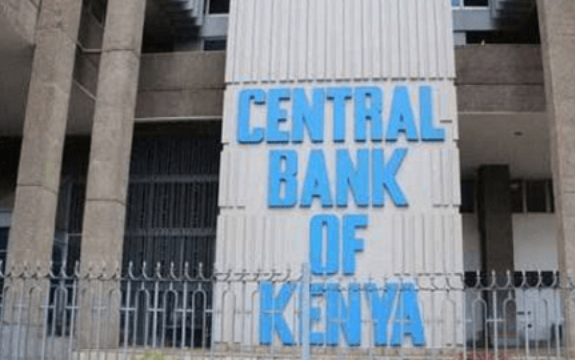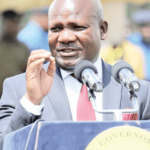The Central Bank of Kenya (CBK) has been urged to reduce the base rate to 10 percent, with economists arguing that high rates amid low inflation are stifling growth and recovery.
They believe the current Central Bank Rate (CBR) of 13 percent does not reflect the recent downward trend in inflation and that maintaining such a high rate in the face of subdued inflation is unjustified and counterproductive, as it hinders economic growth and recovery efforts. Inflation has stabilized within the CBK’s target range of 2.5 to 7.5 percent, with a mid-target range of 5 percent.
Churchill Ogutu, an economist at IC Group, an African-focused investment bank, told the Business Hub that the CBK has been slow to respond to current inflation trends. Despite signs of easing inflation, the regulator has maintained high interest rates.
Ogutu views this approach as backward-looking, arguing that the regulator is acting on past inflation data rather than being proactive and responding to expected future inflation trends. The current inflation rate is 4.60 percent as of June 2024, down from 5.10 percent in May, and is expected to be around 5.30 percent by the end of the quarter.
“Based on that, I can argue that the CBR rates are behind the curve. Look at the inflation outturn even now; it has come back to the target level. It therefore solidifies the argument that the next meeting (MPC) next month should result in a cut,” Ogutu said. The Monetary Policy Committee (MPC) is due to meet next month.
Churchill Ogutu, an economist at IC Group, has suggested that reducing the base rate can help influence the broader interest rate environment, which he described as “quite crazy,” and signal to the market that rates need to come down. This would create a more stable and predictable interest rate regime that supports economic recovery.
Ogutu noted that the CBK faces a dilemma regarding the extent of rate cuts, debating whether to cut rates before the US Federal Reserve (Fed) potentially raises them later, or to cut now regardless of the Fed’s actions to assert its independence and address domestic economic conditions.
The consensus is that the Fed is likely to start cutting interest rates in September 2024, with the possibility of additional cuts in the following months as it shifts its focus to supporting the labor market alongside its inflation-fighting efforts.
“That is where the CBK finds itself. But to be more independent, they probably need to lean towards a cut, regardless of the amount, to demonstrate independence and consider the domestic economy,” Ogutu said.
Ogutu, speaking on Tuesday at the launch of the Institute of Economic Affairs of Kenya (IEA-K) macro-economic study since 2021, mentioned that the Kenyan shilling had appreciated significantly, reaching levels of Sh130.
He warned that further appreciation to Sh125 or Sh120 could potentially harm the economy. He argued that a reduction in the CBR would help stabilize the exchange rate and provide a buffer against external shocks.
“We have seen the Kenya shilling appreciate by 20 per cent, reaching the levels Sh130. There is no justification for the currency to appreciate further beyond this point. If the shilling were to appreciate even more, we could see it reach Sh125 or even Sh120, which could be detrimental to the economy,” Ogutu said.



